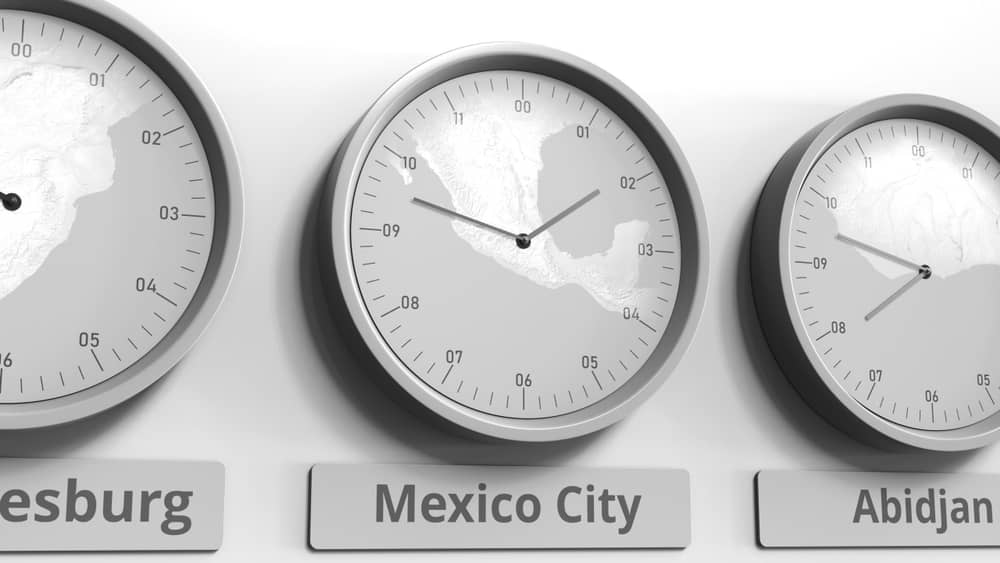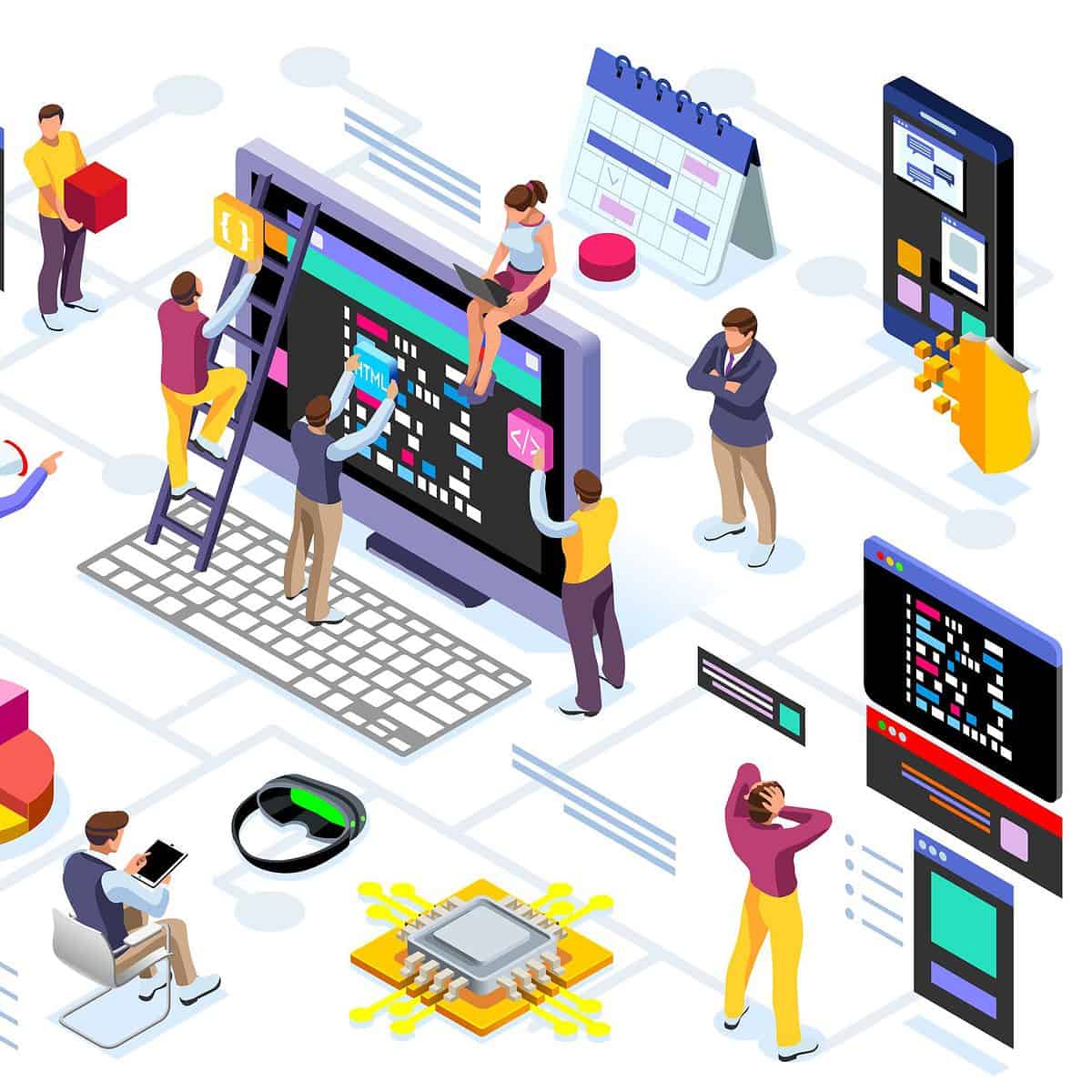What Does a Product Development Consultant Do?
Product development consultants in the software industry are tasked with providing guidance and management oversight and interventions throughout the software product development lifecycle, from ideation through to final testing and release (and potentially even longer for products with extensive post-sale services, support, and add-ons).
What Skills Do Product Developers Need?
o convert an idea into a product takes a lot of different skills, including research and analysis, engineering, project management, and teamwork and collaboration. You need experts in market research that can unearth unsolved problems and track changing user and industry trends that can inform the creation of a new product (and determine if the market is large enough to justify further investigation). You also need product developers that can efficiently build proof-of-concept prototypes to test those theories, as well as a testing framework to independently verify your results.
What Are the Main Roles and Responsibilities of a Product Developer?
There are numerous phases in the development of a product. They will vary based on the sophistication of the organization implementing them and the size and complexity of the project, but generally, the following phases will be included and require specialized talent to implement:
1. Market Research: Identify an underserved need in the market or an unsolved problem
2. Concept Development: Envision a novel solution that fits the need or problem discovered
3. Feasibility Testing: Study whether the target market will buy in and if the development cost can be justified by the expected return on investment
4. Product Design: Codify your roadmap for development
5. Development Process: Generate an MVP (Minimum Viable Product) through parallel collaboration 5. Production: Publish and release the product
6. Follow-up: Collect user feedback for iterative development
All successful software products have two things in common. First, they are developed in response to a real need that is being underserved in the marketplace, and second, they fill that niche in a manner that is profitable for the developer while meeting or exceeding end user expectations for functionality and quality. Achieving that outcome is a complex undertaking that requires diverse skills.
Many organizations, especially boutique and small or medium-sized software development businesses, simply don’t have the human-power, resources, or expertise they need to manage their product development as effectively as they’d like to. Fortunately, that kind of talent can be accessed on a case-by-case basis by leveraging outside software product development consultants.
What Does a Product Development Consultant Do?
Product development consultants in the software industry are tasked with providing guidance and management oversight and interventions throughout the software product development lifecycle, from ideation through to final testing and release (and potentially even longer for products with extensive post-sale services, support, and add-ons).
Their role is to examine the project from a high level to determine the critical business objectives tied to it and then codify and govern a systematic framework specifically designed to enhance the speed, efficiency, and effectiveness of the development process as well as the overall quality and marketability of the final product. They direct the software developers but also collaborate with them on a granular level, responding to insights that emerge in the course of development to ensure that projects stay within their budgets, schedules, and approved scope.
What Are the Main Roles and Responsibilities of a Product Developer?
There are numerous phases in the development of a product. They will vary based on the sophistication of the organization implementing them and the size and complexity of the project, but generally, the following phases will be included and require specialized talent to implement:
1. Market Research: Identify an underserved need in the market or an unsolved problem
2. Concept Development: Envision a novel solution that fits the need or problem discovered
3. Feasibility Testing: Study whether the target market will buy in and if the development cost can be justified by the expected return on investment
4. Product Design: Codify your roadmap for development
5. Development Process: Generate an MVP (Minimum Viable Product) through parallel collaboration
6. Production: Publish and release the product
7. Follow-up: Collect user feedback for iterative development
Some organizations opt for or require a linear product development framework. Every step in the process builds upon a previous step. That is an effective means of ensuring high quality output, but at the cost of speed and flexibility. Modern product developers deploy a much more holistic approach, where multiple team members work on discrete aspects of the project in parallel and routinely update each other.
One of the drawbacks of modern, holistic product development is a sharp increase in the complexity of managing projects. Keeping track of progress as it moves fairly predictably from phase to phase is simpler than communicating with diverse teams that are all working on different priorities at the same time. Product development consultants help organizations manage that flood of information, maintain contact internally (with team members) and externally (with vendors and suppliers), and institute fallback planning to respond to unexpected hiccups in the process.
This approach has the added benefit of imbuing the organization with new institutional knowledge, as the experience of working with a consultant (and often many of the processes they implement) can be exploited in future product development projects.
What Skills Do Product Developers Need?
To convert an idea into a product takes a lot of different skills, including research and analysis, engineering, project management, and teamwork and collaboration. You need experts in market research that can unearth unsolved problems and track changing user and industry trends that can inform the creation of a new product (and determine if the market is large enough to justify further investigation).
You also need product developers that can efficiently build proof-of-concept prototypes to test those theories, as well as a testing framework to independently verify your results. You need a manager that can design an ambitious but attainable roadmap that will lead to a MVP. Lastly, you need a marketing pro that will ensure a good product fit to the market and convert user feedback into actionable insights that inform engaging outreach and maximize the potential audience for the product.
At a higher level, however, great product development requires people that can adjust rapidly when new data comes in, think critically about difficult problems, communicate clearly and readily, hit deadlines, and collaborate freely.
Winning in the Digital Economy Takes a Team
Competition in the modern, digital economy is far more challenging than it was even just a few years ago. Customer loyalty is waning, mass markets have fragmented, product life cycles have shrunk, and new technologies are constantly emerging and disrupting the status quo. Once an avenue for new development is discovered, the window of time before competitors will step in can be alarmingly small. Adaptive companies have to get their teams organized and activated quickly and arm them with the resources and leadership they need to get a first mover advantage in the marketplace.
In the post-pandemic era — where hybrid and remote work are the new normal and teams are sometimes divided not just by departments but continents and timezones — breaking down silos and keeping lines of communication open has raised the stakes. Leveraging proven development frameworks, productivity and community platforms, product development consulting, and project management solutions are no longer mere value-adds to the product development process; they are essential tools for creating novel solutions that move markets.
Does your product development process need added support?
Find out how Unosquare can help with fast, efficient, and high impact software development consulting.



